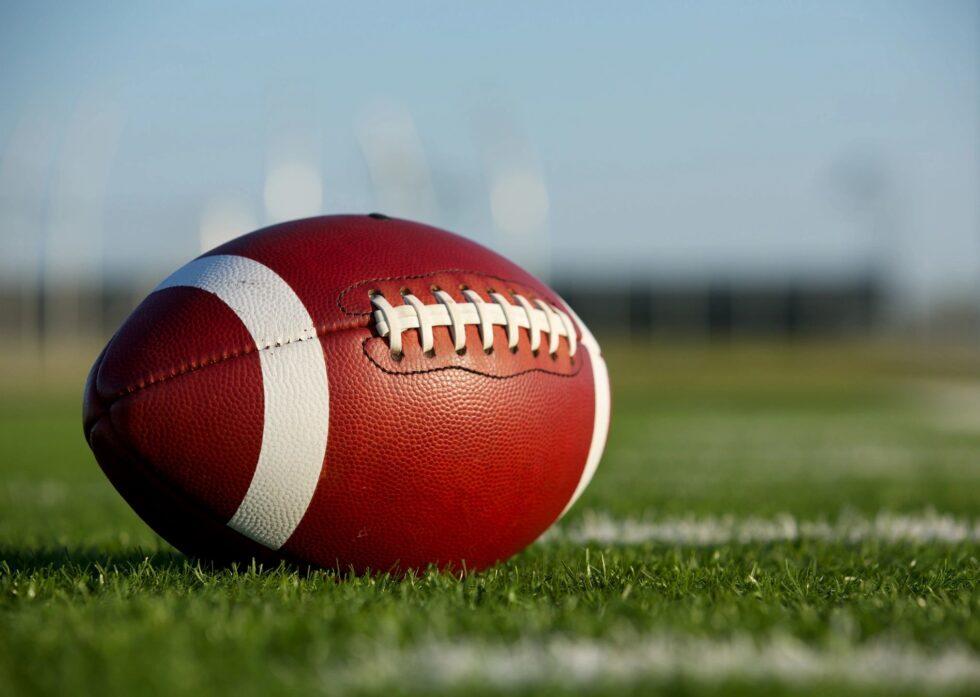
Caption
The House Economic Development & Tourism Committee voted 20-6 in favor of moving forward a bill that enjoys the backing of a coalition of Atlanta’s four pro sports teams, the Braves, Falcons, Hawks and Atlanta United.
Credit: Stock photo

